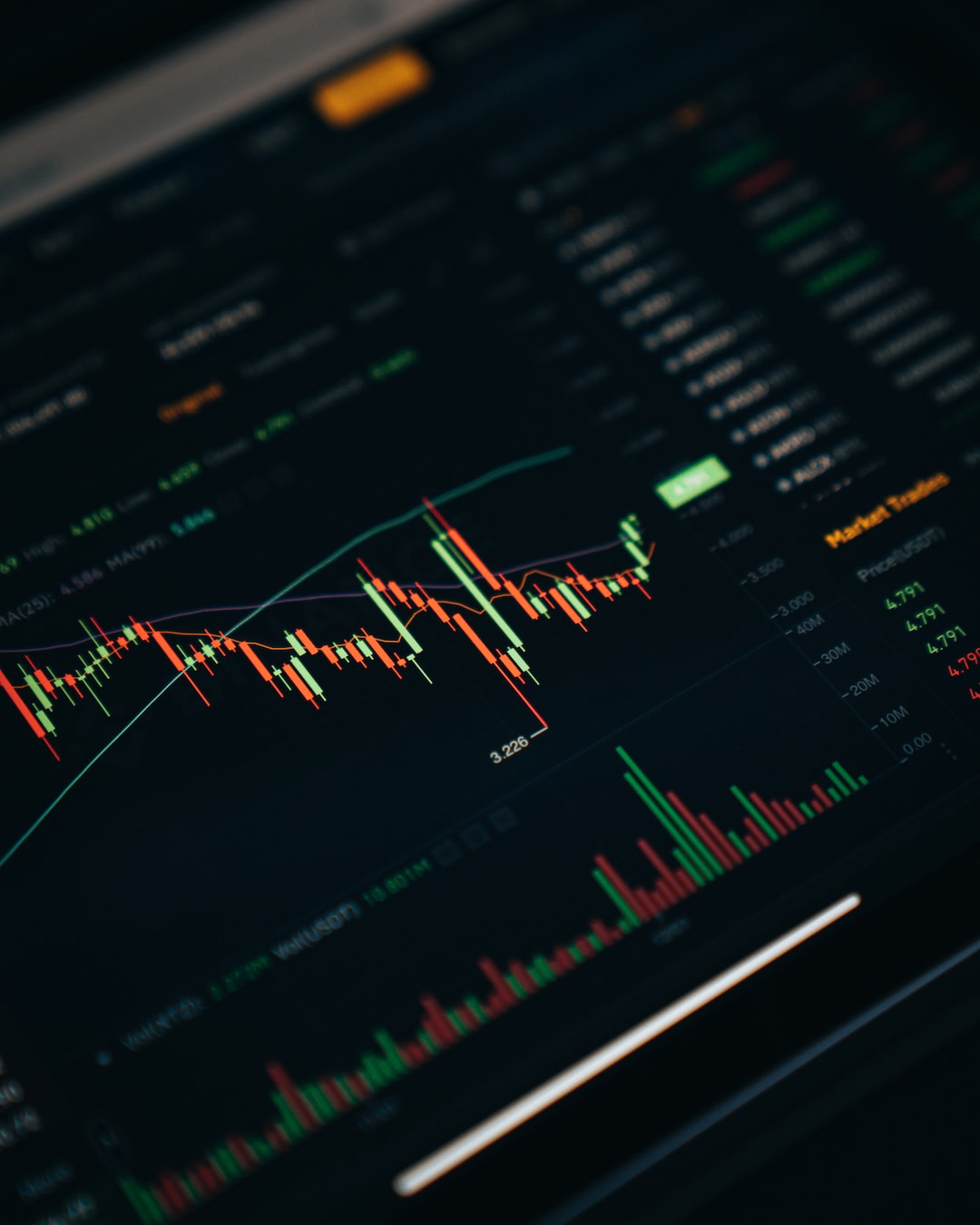Forex trading has become increasingly popular over the years and the United States is no exception. Forex trading is the act of buying and selling currencies in order to make a profit. It is a highly volatile market, which makes it an attractive option for traders who are looking for a high return on investment. In the United States, there are several avenues for residents to trade forex.
Online Forex Brokers
One of the most popular ways for United States residents to trade forex is through online forex brokers. These brokers provide traders with access to the foreign exchange market through their online platforms. There are several online forex brokers that cater specifically to United States residents. These brokers are regulated by the Commodity Futures Trading Commission (CFTC) and the National Futures Association (NFA). The CFTC is an independent agency of the US government that regulates futures and options markets, while the NFA is a self-regulatory organization that oversees the activities of its member firms.
One of the advantages of trading forex through an online broker is the convenience it offers. Traders can access the market from anywhere with an internet connection. Online brokers also provide traders with a wide range of trading tools and resources, including charts, technical analysis tools, and news feeds.
Another advantage of trading forex through an online broker is the low cost of entry. Most brokers require a minimum deposit of $100 or less to open an account. This makes it accessible to traders with limited capital.
Forex Futures
Another way for United States residents to trade forex is through forex futures. Forex futures are contracts that allow traders to buy or sell a specific currency at a predetermined price and date in the future. Forex futures are traded on regulated exchanges such as the Chicago Mercantile Exchange (CME) and the Intercontinental Exchange (ICE).
Forex futures are popular among institutional investors and large corporations who need to hedge their currency exposure. However, they are also available to retail traders who are looking to speculate on the direction of the currency markets.
Forex futures offer several advantages over spot forex trading. One of the main advantages is that forex futures are traded on regulated exchanges, which provides transparency and reduces the risk of counterparty default. Forex futures also have a standardized contract size, which makes it easier to calculate risk and reward.
Forex Options
Forex options are another way for United States residents to trade forex. Forex options are contracts that give the holder the right, but not the obligation, to buy or sell a specific currency at a predetermined price and date in the future. Forex options are traded on regulated exchanges such as the Philadelphia Stock Exchange (PHLX).
Forex options are popular among traders who are looking for more flexibility in their trading strategies. Forex options allow traders to limit their downside risk while still allowing for unlimited upside potential.
Forex options offer several advantages over spot forex trading. One of the main advantages is that forex options provide traders with more flexibility in their trading strategies. Traders can use forex options to hedge their currency exposure or to speculate on the direction of the currency markets. Forex options also have a predetermined risk and reward, which makes it easier to calculate risk.
Conclusion
In conclusion, United States residents have several avenues for trading forex. Online forex brokers provide traders with the convenience of trading from anywhere with an internet connection. Forex futures offer traders the transparency and standardized contract size that are not available in spot forex trading. Forex options provide traders with more flexibility in their trading strategies. Regardless of the method chosen, traders should always do their due diligence and choose a reputable broker or exchange that is regulated by the CFTC and the NFA.


